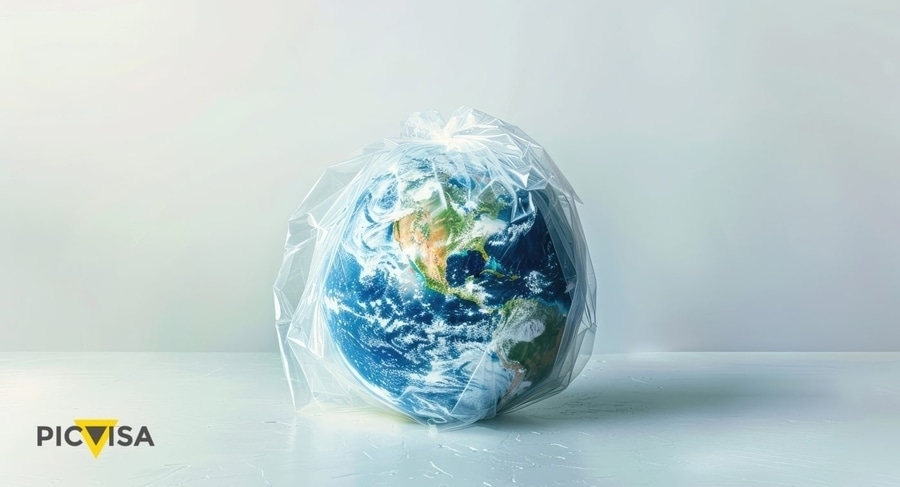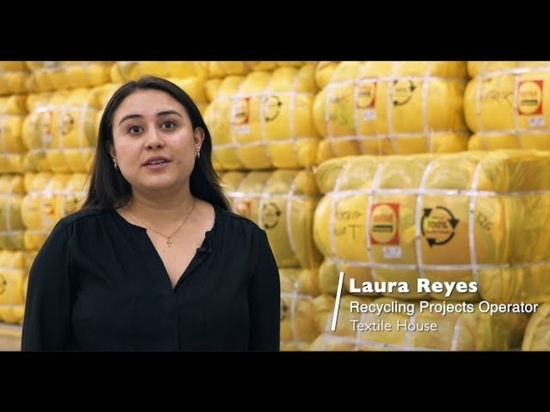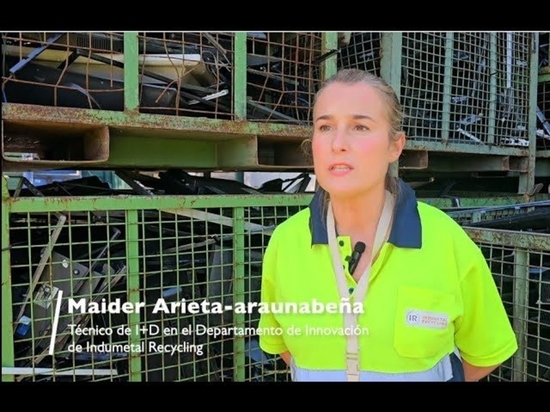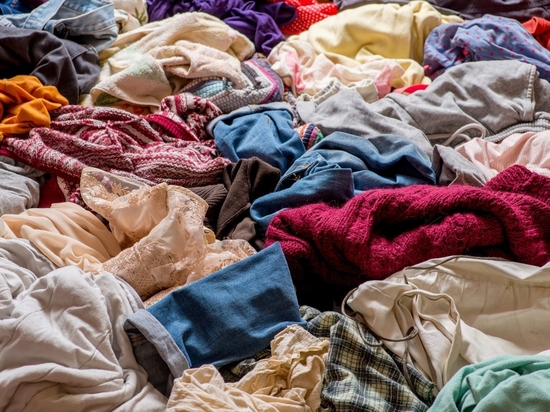
#Industry News
Plastic waste production already exceeds humanity’s ability to manage it
Plastic waste production already exceeds humanity’s ability to manage it
Plastic waste production already exceeds humanity’s ability to manage it
Have you ever heard of Earth Overshoot Day? It is a day when humanity is made aware of a serious problem: we have consumed more resources than the planet can provide. According to the NGO that calculated this day, the Global Footprint Network, the country that will reach its overshoot first will be Qatar, a state that has dedicated February 11, 2024 to alert its population. Kyrgyzstan, for its part, will move this date to December 30, 2024. In Spain, the alarm was sounded on May 20, 2024, a day on which the media echoed a very clear piece of information provided by the aforementioned NGO: if the whole of humanity were to adopt a lifestyle similar to that of the average Spaniard, it would need 2.5 planets to survive.
At this point in time, the production and consumption of plastics is a very serious problem for our planet. So serious, in fact, that a study by the consulting firm Ea Earth Action, released in April during the negotiations of the Global Plastics Treaty, established September 5 as Plastic Overcapacity Day, a day when humanity will have produced more plastic waste than it can manage. It should be noted that each country has its own Plastic Overcapacity Day, which is determined by the amount of plastic waste produced and the country’s capacity to manage it. In fact, there is a metric used to quantify the amount of plastic waste that is not properly managed and therefore ends up in nature in an uncontrolled manner. In Spain, where this rate reaches 8.9%, according to the aforementioned consulting firm, this date will be postponed to November 27.
Globally and in 2024, a staggering 31.5% of plastic waste is poorly recycled at the end of its useful life. And then there are the consequences of countries trading plastic waste with each other. The big downside of these practices is that pollution is created when plastic waste is exported to countries that have very little capacity for proper management. And the biggest risk to any living thing is that this plastic waste ends up in the oceans. Ultimately, we must prevent the use of plastics from making this situation worse.
What we can do?
Reducing consumption of plastic-packaged products is essential, and all citizens can help. It is equally important for organizations that produce and/or use plastic materials to do so. To this end, experts suggest several strategies:
Encourage recycling and reuse. To reduce the need to produce new plastics, waste management systems should be improved and recycling rates increased.
Use alternative materials. Using alternative materials such as glass, metal or bioplastics can reduce dependence on plastic. When shopping at the supermarket or picking up take-out food, we should always carry our own bags. We could reuse the plastic ones we still have at home, or carry cloth, cotton or cardboard bags. It is preferable to buy products packed in cardboard or glass instead of plastic. Carrying our own thermos or coffee mug, as well as a stainless steel or glass water bottle will save us the consumption of a large amount of single-use plastic containers.
Buy products in bulk. And take them to our home packaged in glass jars and reusable bags.
Design sustainable products. With a longer shelf life, they should also be more easily recyclable, which would decrease the demand for single-use plastics, and instead of these, use plates, cups and cutlery made of bamboo fiber or biodegradable plastic; silicone or stainless steel utensils; tupperware and glass containers; use liners made of cloth or natural beeswax to wrap food; use drinking straws made of paper, bamboo, stainless steel, and even edible materials; Solid deodorant.
Educate and raise awareness. The population should receive information about the environmental impacts of plastic and how to reduce its use, as this would contribute to changing consumption habits. The ideal would be to buy bamboo toothbrushes, solid toothpaste, reusable cotton swabs, reusable stainless steel razor blades, menstrual cups, sanitary napkins and cloth diapers, natural sponges made of luffa or esparto grass, etc.
Develop ad hoc public policies. It is highly effective to implement laws that limit the use of single-use plastics and promote the circular economy. In Spain, the Ministry for Ecological Transition and the Demographic Challenge has in place the Strategic Project for Economic Recovery and Transformation; known as the PERTE of Circular Economy, it seeks to accelerate the transition to a more efficient and sustainable production system in the use of raw materials. This year, the ministry has launched its second action plan, with aid focused on promoting the development of eco-design in the textile and plastics sectors, in order to achieve more environmentally friendly and less polluting packaging.
Therefore, it is important to collect and properly process all types of plastics. In this way it is possible to prevent them from ending up in the environment. As a leader in sorting and recycling, PICVISA has the best solutions for sorting and detecting all types of plastics. Among them it is worth mentioning
ECOPACK. This optical separator makes it possible to automatically sort and separate different types of materials according to their composition (NIR), color (VIS) and shape (deep learning). In addition, thanks to the flexibility offered by its multispectral vision, it can be configured to make rapid changes in the classification of new materials that may appear in the incoming flow to be treated.
ECOFLAKE. These optical sorting systems facilitate the separation of different types of material flakes with outstanding accuracy and efficiency. They use high resolution CMOS RGB cameras combined with NIR technology.
Both proposals demonstrate that the mechanization of plastics and other material recycling is an absolute necessity. Not only because it helps to comply with legislation, but also because there is an urgent need to prevent plastic waste from entering rivers and oceans in the first place. This is the only way to prevent the oceans from ceasing to be the Earth’s ultimate sink.






